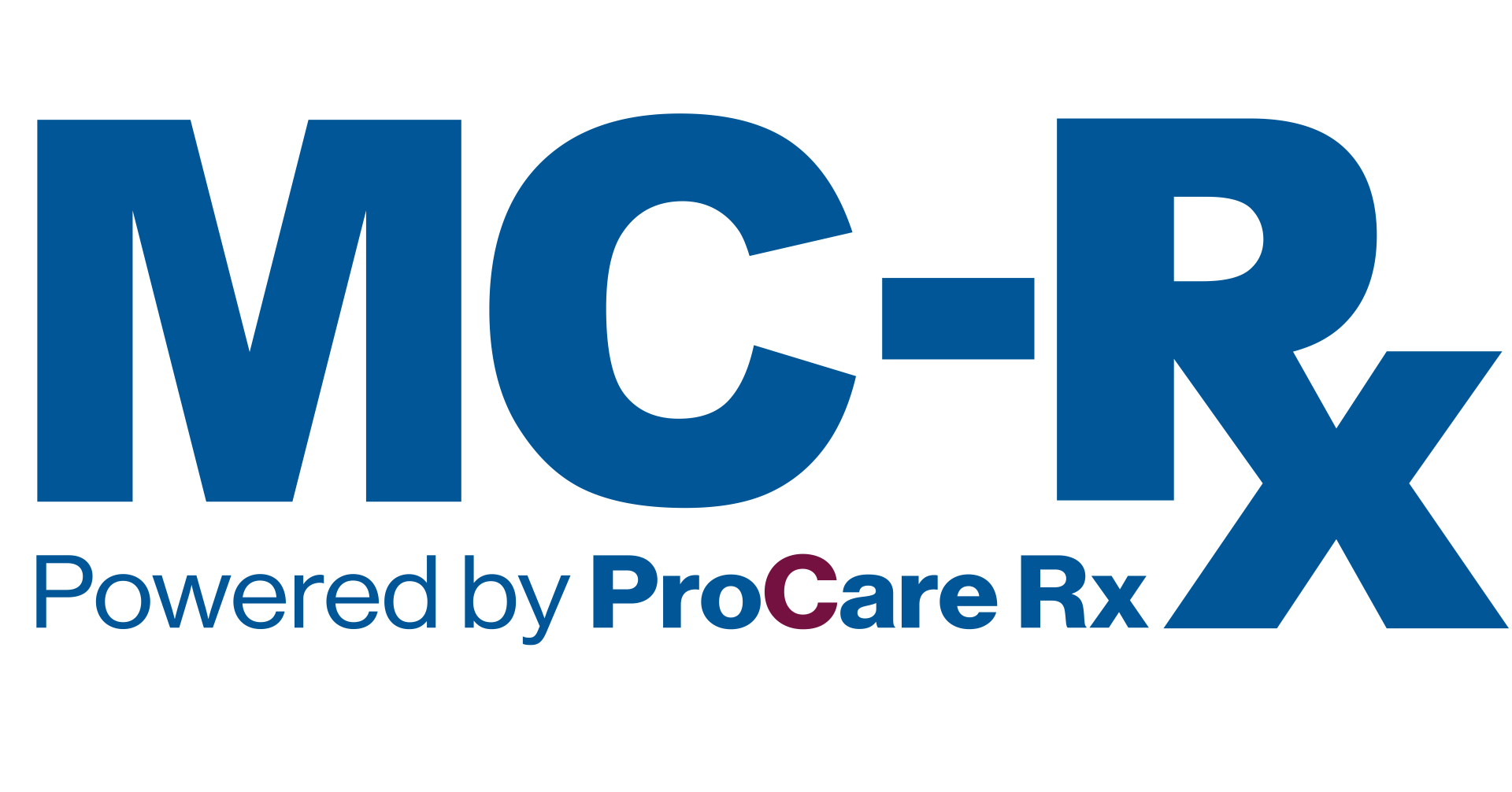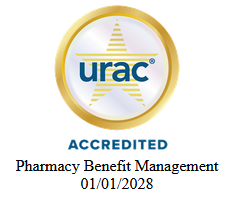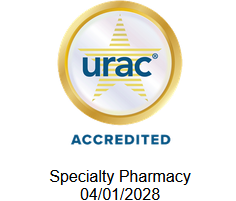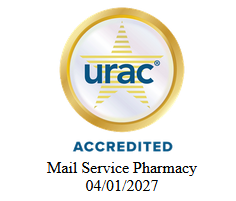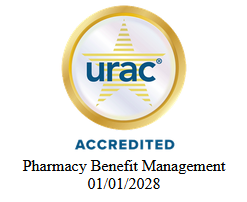ProCare Rx Acquires MC-21
November 11, 2020
MC-21 Merges with ProCare’s Pharmacy Benefit Manager
Atlanta, Georgia
May 7, 2018
ProCare, a leading independent national PBM founded almost 30 years ago and headquartered in Gainesville, Georgia, has joined forces with MC-21 LLC, the market-leading Pharmacy Benefit Manager in Puerto Rico, founded in 1998. The intention is to broaden service offerings and strengthen key capabilities.
This new chapter for ProCare was formalized on April 30, 2018.
“Our PBM clients and the members they serve require continuous innovation, especially around value-based reimbursement models and the role pharmacies can play in improving health outcomes and lowering total healthcare costs. We believe MC- 21 Corporation, with Rosa Hernandez, MC-21’s President since the company’s inception, is a great addition to our team, and the experience she brings with regard to innovation in these value–based models, in particular, will help us to continue to serve our clients’ needs while also developing and delivering more innovative solutions and offerings”, ProCare’s Chairman Roger Burgess said.
Rosa Hernández continued, “MC-21 clients will gain immediate access to an expanded array of services, programs, and technological tools – innovative and proprietary – as well as increased efficiency and flexibility in the processing of prescriptions, value-based contracting, and business intelligence services, among others.” Hernandez added, “There will be no disruption in the award-winning service levels currently enjoyed by MC-21’s clients”.
A key to this union is the common vision that both companies share in providing efficient and cost–effective services tailored to clients’ needs. The business focus of both companies will continue to concentrate on heath insurance plans, managed care, self-insured employer groups, government employees, unions, public health organizations, hospices, and workers compensation plans.
The combined company will be well positioned to address the rapid and continuous changes both in the commercial and subsidized healthcare industry in the United States and Puerto Rico. With this union, the combined company will manage more than 174 million prescriptions per year for over 8 million patients.
Roger Burgess concluded, “The combination of ProCare and MC-21 is highly focused on better serving the Medicare and Medicaid MCO market by driving down costs and gaining shares in these fast growing markets as the government’s role will continue to increase in the coming years driven by the growth in the number of Medicare lives”.
For more information about the ProCare companies, please contact:
Barbara Rambo, ProCare Rx CFO /678-248-3101
For more information about MC-21, please contact:
Rosa Hernández Amalbert, MC-21 Marketing Director / 787-286-6032 Ext. 3168

Understanding GLP-1 Medications The landscape of obesity management is evolving, with GLP-1 receptor agonist (RA) medications emerging as a significant player. These FDA-approved drugs have proven effective in helping individuals lose weight, prompting a shift in how they are viewed and covered by health plans. However, the cost implications and strategic decisions surrounding these medications require careful consideration by employer groups and their members. The Case for GLP-1 Medications GLP-1 RAs, originally developed for diabetes management, have shown remarkable efficacy in weight loss. With the growing prevalence of obesity and its associated healthcare costs, there's increasing pressure on health plans to cover these medications. Despite their high cost—annual retail pharmacy expenses can exceed $10,000 per patient—GLP-1 RAs offer potential downstream savings by reducing obesity-related comorbidities such as diabetes, hypertension, and cardiovascular disease. Balancing Coverage and Cost Historically, weight loss medications were deemed "lifestyle" drugs and excluded from coverage. However, the rising popularity of GLP-1 RAs and their demonstrated benefits are challenging this perspective. For plan sponsors, the decision to cover these medications involves balancing the high upfront costs with the potential for long-term savings on medical expenses related to obesity. Cost-Containment Strategies For payers choosing to cover GLP-1 medications, several cost-containment strategies can be employed: Formulary Management : Deciding on the placement of these medications within the formulary is crucial. Options range from not covering the drugs to placing them on a high-cost tier with patient cost-sharing. Prior Authorization and Step Therapy : Implementing these measures ensures that only patients with a proper diagnosis (e.g., ICD-10 code for obesity) access these medications, preventing misuse and overutilization. Prerequisite Programs : Requiring participation in wellness or nutrition programs before approving weight loss medications can encourage lifestyle modifications that complement pharmacological treatment. Specialist Restrictions : Limiting prescriptions to weight loss specialists, such as bariatric doctors or endocrinologists, ensures appropriate therapy and monitoring. Duration Limits : Establishing treatment guidelines, such as discontinuing medications if a target weight loss is not achieved within six months, helps manage long-term costs. The Role of Brokers and Employer Groups Brokers play a pivotal role in guiding employer groups through the complexities of covering GLP-1 medications. Understanding the cost-benefit dynamics and available cost-containment strategies enables brokers to provide informed recommendations that align with their clients' financial and health objectives. Employer groups, in turn, must weigh the potential benefits of covering these medications against their budgetary constraints and the overall well-being of their workforce. Member Education and Engagement Effective communication with members is essential to ensure they understand the coverage options and adhere to prescribed treatments. Educational initiatives can include: Patient Communication Programs : Providing information on medication adherence, compliance, and lifestyle modifications. Continuing Education : Ongoing programs to keep members informed about the benefits and proper use of weight loss medications. Monitoring and Support : Utilizing pharmacy and medical data to track outcomes and adjust strategies as needed. Balance the Scale with Expert Guidance from MC-Rx The adoption of GLP-1 medications for weight loss represents a significant advancement in obesity management. However, the high costs associated with these drugs necessitate careful planning and strategic implementation by brokers, employer groups, and members. By employing robust cost-containment strategies and prioritizing member education, health plans can navigate the financial challenges while delivering meaningful health benefits to their populations. MC-Rx, as a full-service pharmacy benefits manager, offers the expertise and tools to help clients optimize their coverage decisions and manage the complexities of incorporating GLP-1 medications into their health plans. Here are just a few of the GLP-1 strategies we use to shield our clients from excessive costs: Implementation of Drug Management Tools, which is critical to ensure proper utilization for GLP-1s. Strategic Benefit Design, which also protects clients from improper GLP-1 utilization. Clear Member Communication, which is crucial for proper adherence and compliance. When implemented with an existing client, the above-listed strategies helped them achieve $382,000 in cost avoidance for GLP-1s. With the right approach, the benefits of these medications can be realized, contributing to better health outcomes and potentially lowering overall healthcare costs in the long run. For more information on managing GLP-1 medications and other pharmacy benefits, reach out to an MC-Rx expert today .


